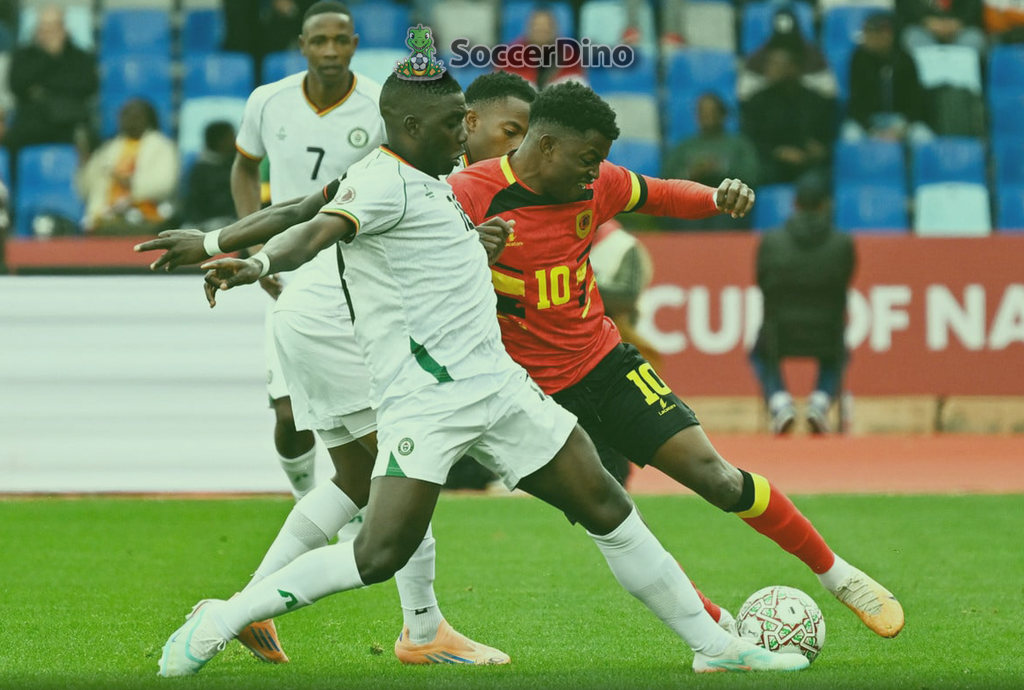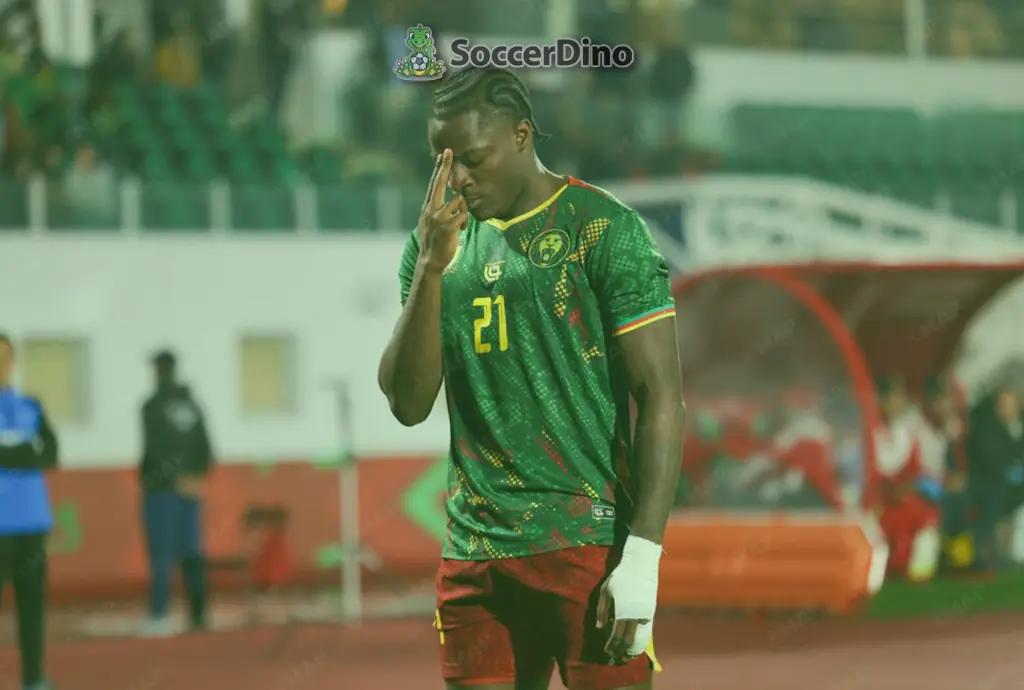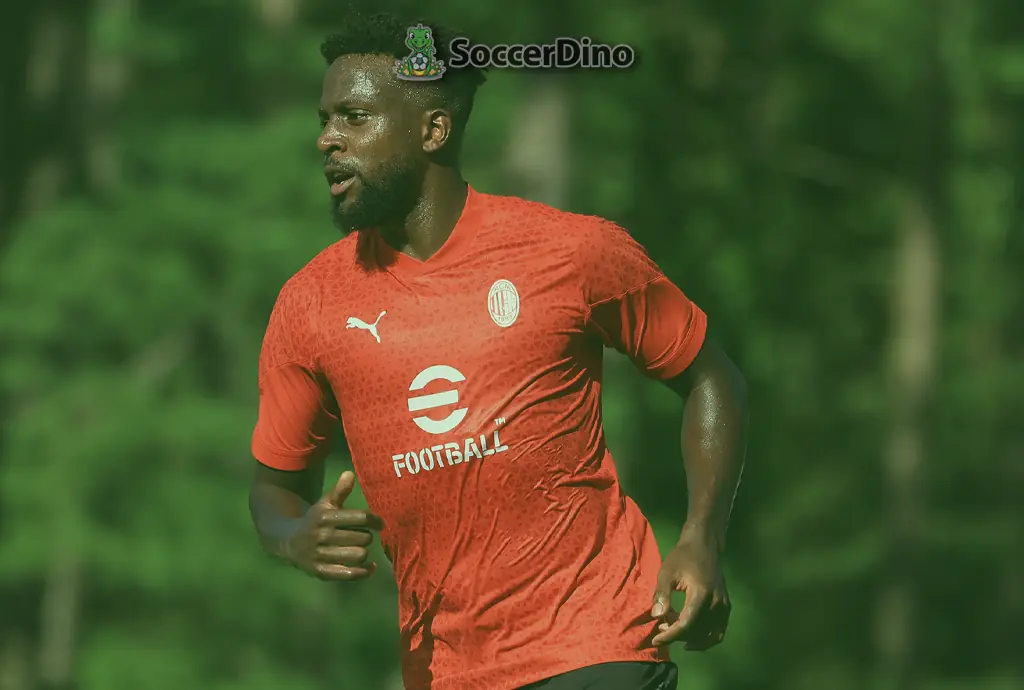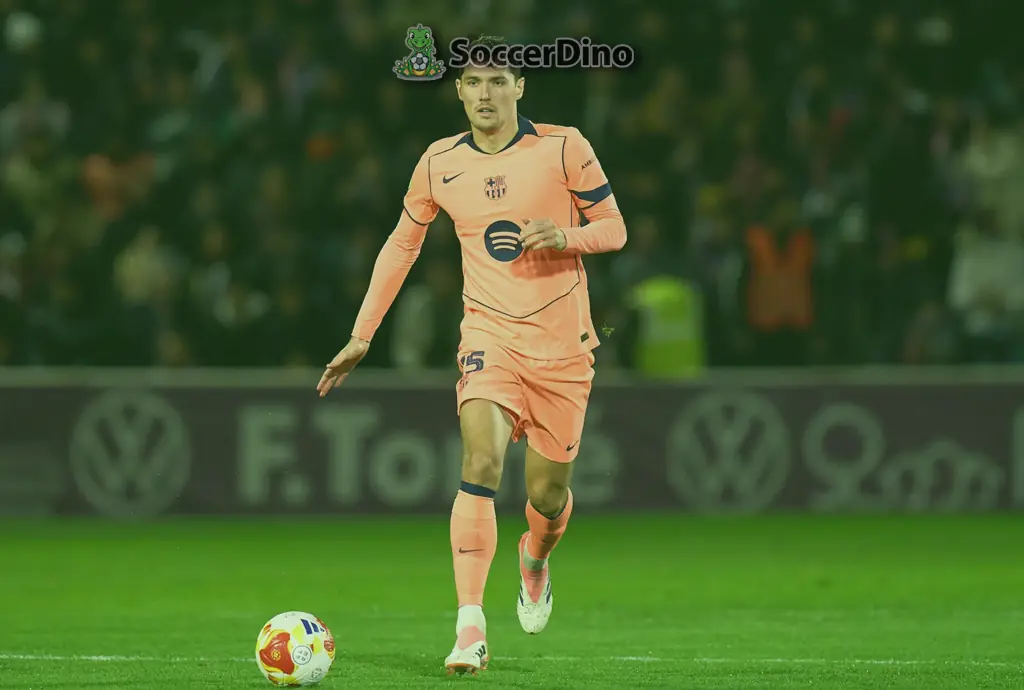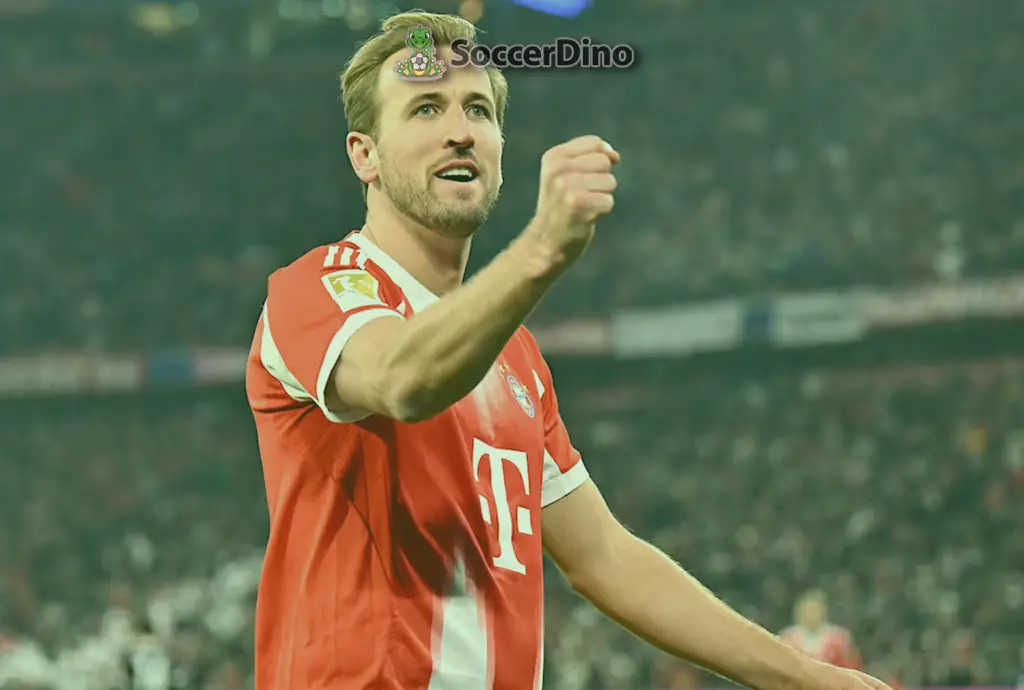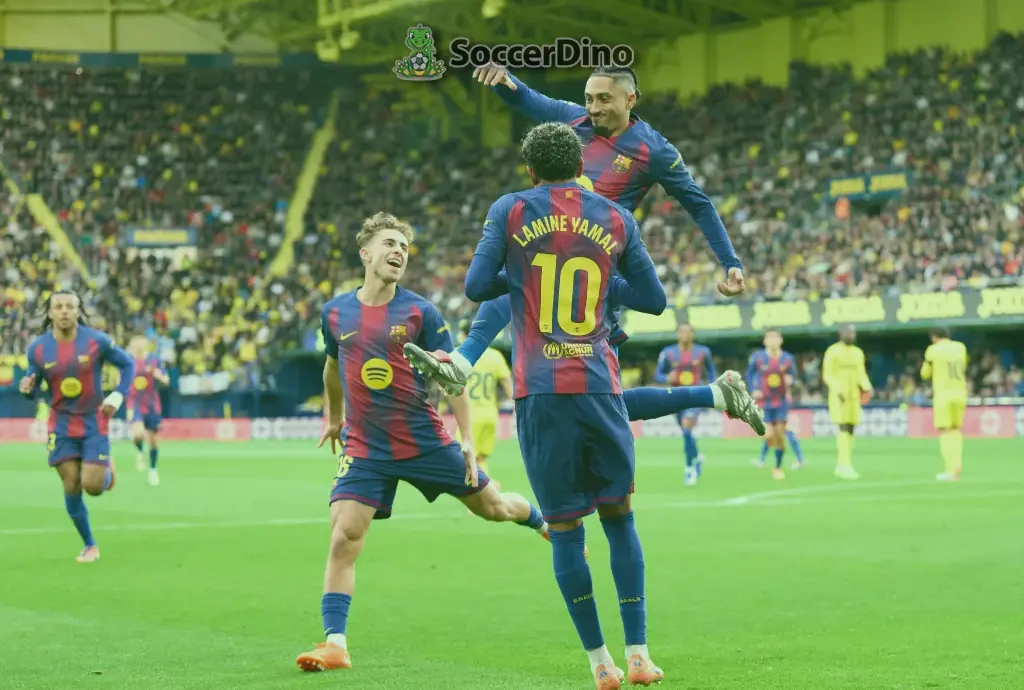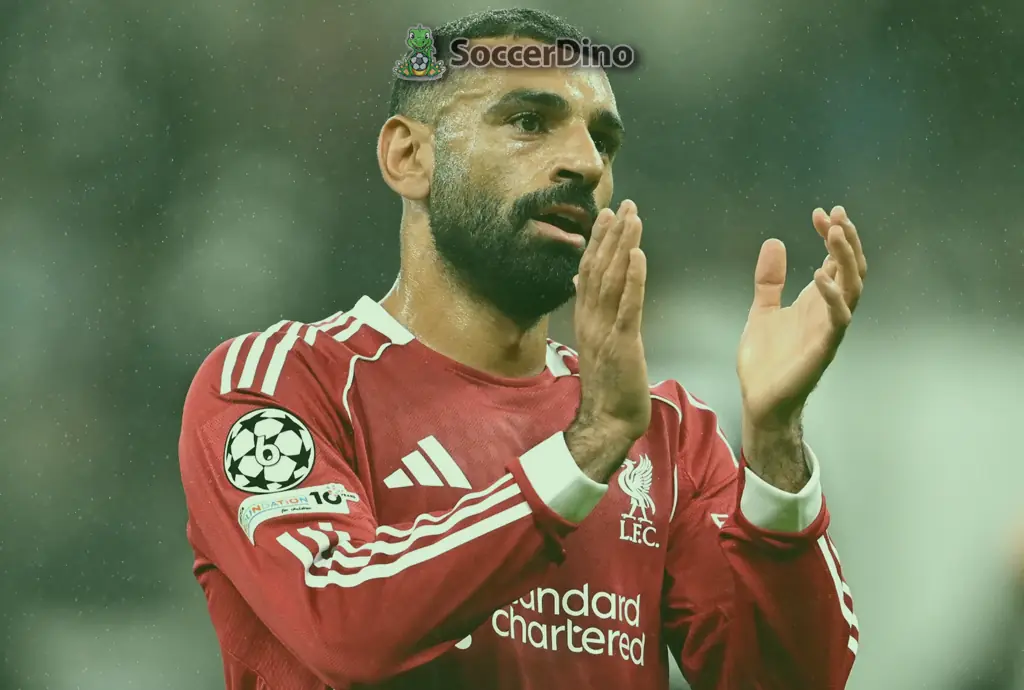Following Arsenal, Manchester City, Manchester United, Chelsea, and Tottenham Hotspur, Liverpool has also stated that it has no intention of participating in the Super League. The club announced this the day after the verdict from the European Court of Justice

The recent developments regarding the controversial European Super League have taken a significant turn, with Liverpool, the last of the traditional six top clubs of England based on all-time standings, formally announcing their decision to not participate.
This announcement, made through their club website, reinforces the stance taken by other major English clubs in opposition to the Super League. Liverpool's statement, "The ruling changes nothing about our position. Our involvement has been completely discontinued," unequivocally reaffirms their commitment to the existing European football structure.
This move by Liverpool follows a similar pattern set by other elite Premier League clubs. Earlier, Arsenal had released a statement acknowledging the court's verdict and reiterating their position against the Super League. The statement on The Gunners' club website stressed their ongoing commitment to UEFA competitions and their intent to continue working with other European clubs and the European Club Association (ECA).
Arsenal's statement reflects a unified stance among the top English clubs, aligning with Manchester City, Manchester United, Chelsea, and Tottenham Hotspur, who had previously expressed their disapproval of the Super League concept. These clubs, along with Liverpool, were initially involved in the plans for the Super League, a move that had caused widespread controversy and backlash from fans, governing bodies, and other stakeholders in the football community.
The withdrawal and subsequent statements from these clubs mark a significant moment in European football. The Super League, proposed as an exclusive and lucrative competition featuring Europe's elite clubs, had been criticized for its potential to disrupt the traditional football hierarchy, undermine national leagues, and widen the financial gap between the participating clubs and the rest of European football.
Liverpool, home to players like Cody Gakpo, Ryan Gravenberch, and Virgil van Dijk, joining the ranks of the other top English clubs in distancing themselves from the Super League plans, sends a strong message about the values and future direction of club football in Europe. This collective decision by the top English clubs not only signifies their allegiance to the existing European football structure but also reflects their sensitivity to the sentiments of their fan base and respect for the game's longstanding traditions.
As the situation evolves, it will be interesting to see how the dynamics within European club football change in response to this strong stance taken by some of its most influential members. The rejection of the Super League concept by these prominent clubs could lead to a reevaluation of how club competitions are structured and governed in the future, potentially ushering in a new era for European football.
